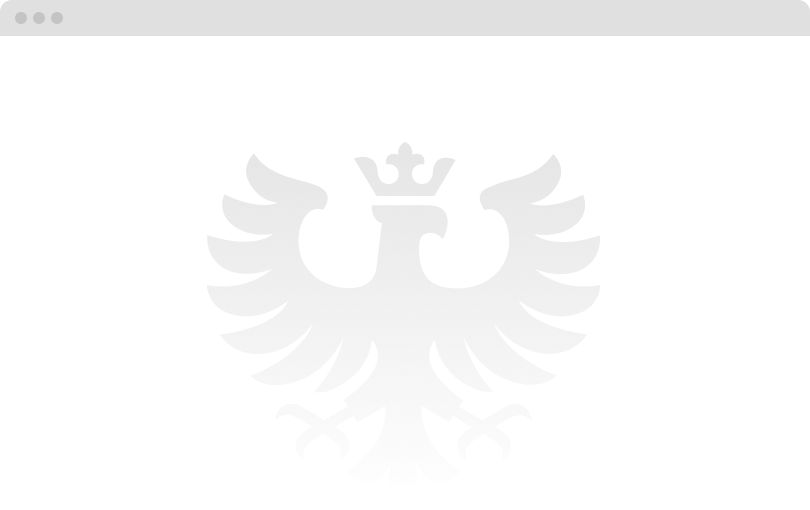JobNimbus
SR PRODUCT DESIGNER
Turning a 2 star app store rating to 4.8

What is JobNimbus?
A SaaS CRM product specifically for contractors targeted towards the roofing industry.
PROBLEM
Previous mobile application suffered countless engineering and user experience issues due to no previous designer and a solo developer over the course of around 6 years. Neverending bugs, non-ideal framework, inconsistent and abnormal user patterns would be just scratching the surface on issues with the previous app.
The design was not human centered but served more as a contact list with all product funtionality stuffed into an ellipsis per contact.

Brutally common feedback in Net Promoter score
BEFORE








GOAL
Design, build, and release a new native 5 star mobile application within an aggressive 3 month deadline.
JobNimbus as a company was also trying to tackle a massive churn issue as well as increase number of users.
RESEARCH
Research methods
- User interviews via zoom and phone call
- On site interviews and shadowing at business locations
- Breakout sessions, and casual chatting at crew events (we would bring in 60-80 users together each month for trainings and feedback)

Average structure of a roofing company
At the time, the only users of the product were owners and office managers (realistically, only the office managers).
Sales reps were always on the go and would generally be sent out with their work orders and tasks for the day on paper. They were also known to be transient across different companies as they would relocate chasing storm damages across the nation.

Define the Primary User: Sales Rep
Sales reps would be ideal primary user of mobile app since they would most utilize the mobile device, represent their business professionally being more customer facing, and would be a huge opportunity in increasing number of users once the app truly provided them value.

IDEATE AND DEFINE
I collaborated with my team of a product manager and 8 engineers to determine key features for an MVP in order to provide concrete user centered value and a concrete foundation to grow the app's features and functionality post launch.
Home Screen
A view of "today's tasks" that the sales rep can view at a glance.
Search / Map View
A map view of all added and documented jobs and contacts with a list view as well so they could see where they need to go as well as who is nearby.


ARCHITECTURE / SITE MAP

LOW FIDELITY WIREFRAMES




HIGH FIDELITY WIREFRAMES





After many product demos with stakeholders and users, this MVP proved more than sufficient value to launch and be available for our users.
We decided to keep the old app in the app store until we released (an improved) feature parody before sunsetting the old app.
FINANCIALS
From the job overview page, a user can navigate to an overview of financials respective to the job. Here, the user can view, add, and update all necessary financial documents related to the job.
Each of the different financial documents shared similar line items and structure but would differentiate in purpose and output. If a roof was estimated to have a specific asphalt shingle, it would reflect on the material order to purchase and receive that product for the job, then the work order would show the asphalt shingle to use during the process of installation, and the invoice would reflect the final cost and purchase of that said asphalt shingle.
Because of this, the sales rep is able to save an estimate as a template and insert that template in each given document and make adjustments along the way.
This is why it made sense to keep UI consistent across each document with subtle differences in functionality and calls to action.


Estimates





Invoices

First phase in creating an invoice promotes user to build off job's existing estimates (it was possible to have more thn one per job).

Empty state of invoice

Ability to change template within the create state

invoice with line items filled

Pattern: Due date chip selected, different payment terms and due date can be changed on a card.

Date change UI

Terms change UI would appear to slide to user's right.

Change of terms to "Split" payment

Created / Saved invoice
Selected Works

JobNimbus Mobile AppProject type

DOMO Goals AppProject type

PayLockProject type

Alliance CounselingProject type

AssembleProject type

GOJIProject type